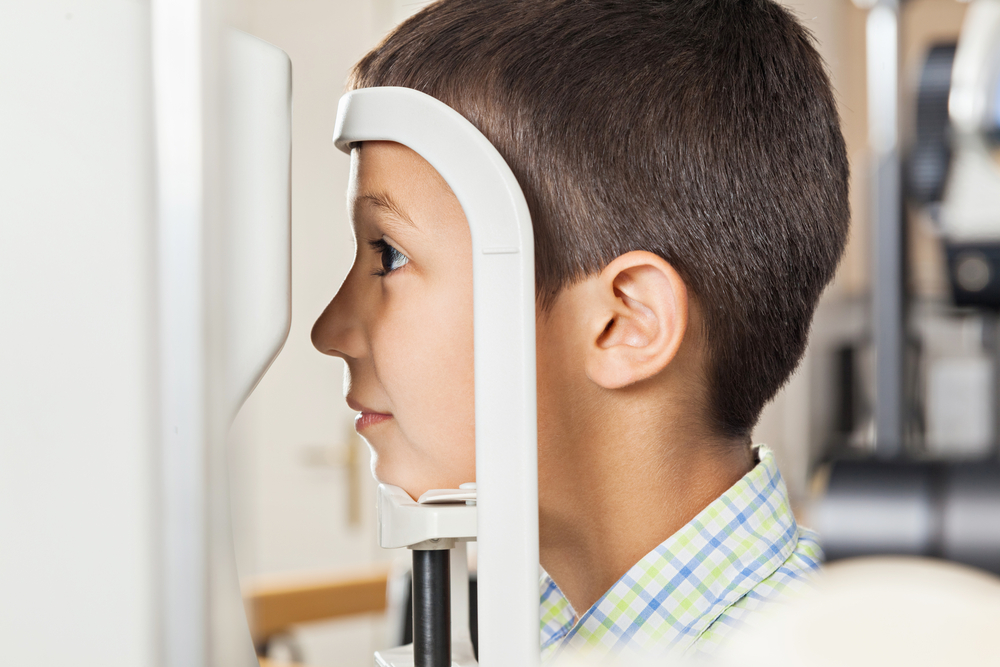
When a child struggles with reading or learning, vision is not always the first place parents think to look. Yet vision involves much more than just seeing clearly. It’s a dynamic process that includes how the brain interprets and responds to visual information. For children facing learning difficulties, a behavioral optometrist can play a critical role in identifying and treating visual issues that may be interfering with success in the classroom.
What Is a Behavioral Optometrist?
A behavioral optometrist goes beyond the standard eye exam to evaluate how the eyes work together and how visual information is processed by the brain. Their focus is not just on 20/20 eyesight but on functional vision skills like eye tracking, focusing, depth perception, and visual memory. These skills are essential for reading, writing, and learning efficiently.
The Link Between Visual Development and Learning
Many children struggle in school not because they lack intelligence, but because their visual systems are not developing properly. If a child has difficulty tracking words on a page or experiences double vision, reading comprehension and attention span can suffer. Visual problems can mimic or contribute to symptoms often associated with learning disorders such as ADHD or dyslexia.
A behavioral optometrist conducts a thorough assessment to detect these subtle but impactful visual issues. Some of the common problems they address include:
• Eye teaming difficulties
• Poor visual tracking
• Convergence insufficiency
• Visual perceptual delays
Addressing Learning Difficulties through Vision Therapy
Once a diagnosis is made, a behavioral optometrist may recommend vision therapy. This is a customized treatment program designed to retrain the brain and eyes to work together more efficiently. Through a series of in-office and at-home exercises, patients can develop stronger visual skills that enhance learning, coordination, and overall quality of life. This can lead to improved academic performance, increased confidence, and a more positive attitude toward school.
Who Can Benefit?
Children are among the primary beneficiaries of behavioral optometry. Many kids who face challenges in reading, writing, or paying attention in class may be struggling with undiagnosed visual issues rather than cognitive or behavioral problems. If a child frequently loses their place while reading, complains of headaches or eye strain, or avoids near work altogether, these may be signs of a visual processing difficulty. Behavioral optometrists can help uncover these hidden issues and provide targeted treatment to strengthen the visual skills needed for learning.
Ready to Uncover the Full Potential of Your Child’s Vision?
A behavioral optometrist offers a unique and valuable approach to addressing learning difficulties and enhancing visual development. By identifying and treating underlying visual issues, patients can experience meaningful improvements in academic performance, daily function, and overall well-being.
Schedule a comprehensive evaluation with Vision Rehabilitation Associates and discover how we can support lasting improvements in learning and visual development. Visit our office in Northbrook, Illinois, or call (847) 716-2340 to book an appointment today.










